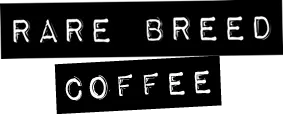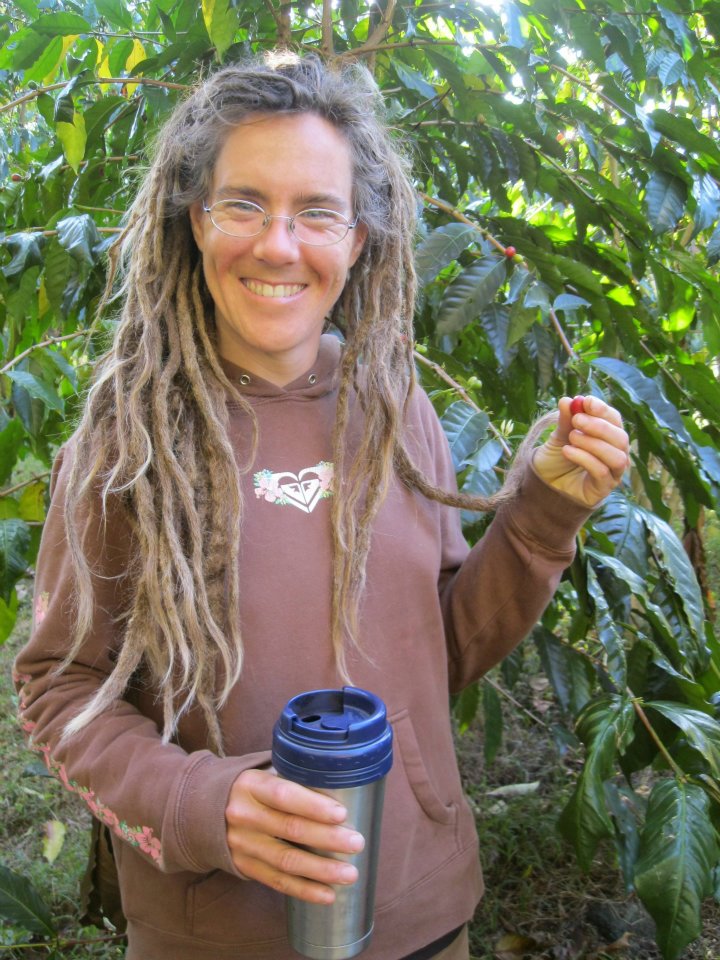 Those of you who are fans of Hawaiian coffee may have noticed that we have been carrying Maui coffee recently. That’s because the borer beetle issue in Hawaii is isolated to the big island. The borer beetles have been plaguing Kona farms on the island of Hawaii since at least 2010. They are not native to the islands, and officials have not yet determined where the little pests may have come in from. The State of Hawaii has put together some interesting information about the bugs themselves but fair warning, some of it (the photo) is just a little gross looking).
Those of you who are fans of Hawaiian coffee may have noticed that we have been carrying Maui coffee recently. That’s because the borer beetle issue in Hawaii is isolated to the big island. The borer beetles have been plaguing Kona farms on the island of Hawaii since at least 2010. They are not native to the islands, and officials have not yet determined where the little pests may have come in from. The State of Hawaii has put together some interesting information about the bugs themselves but fair warning, some of it (the photo) is just a little gross looking).
The borers are a huge problem because they actually bore (hence the name) into coffee cherries and lay their eggs there. When the eggs hatch, the larvae continue the journey of damage begun by their parents and eat the meat of the cherry to nourish themselves. It has been difficult to isolate and eradicate the hoardes of beetles, which has impacted the Hawaiian coffee industry heavily in the Kona area.
Maui coffee was super sweet and delicious but it lacked the depth and richness the Kona had. Kona has this amazing rich body without the darkness of a French. It’s a really unique taste profile. The Maui just didn’t have the richness and body, which isn’t bad – it was just a different coffee.
The Maui coffee had become a necessity after our larger grower on the big island of Hawaii was hit by the borers. Their supply ran out because the beetles had devastated their crop – so we switched to Maui as a replacement.
 With a replacement secured, we continued to look for a good source for the beloved Kona coffee. That’s when we followed up with Erin, a local contact for Douglas, who has a coffee farm in Hawaii. Through Erin, we were able to get ahold of Douglas and he sent us samples. We roasted it up and it was fabulous. The new coffee is of an exceptional grade and has all the amazing characteristics of a great Kona. Didn’t hurt that the price was right too, since Kona’s prized coffee is known to be a more expensive acquisition. And though their farm had been affected by the borer beetles, as a smaller farm they were able to mitigate it more quickly and control it.
With a replacement secured, we continued to look for a good source for the beloved Kona coffee. That’s when we followed up with Erin, a local contact for Douglas, who has a coffee farm in Hawaii. Through Erin, we were able to get ahold of Douglas and he sent us samples. We roasted it up and it was fabulous. The new coffee is of an exceptional grade and has all the amazing characteristics of a great Kona. Didn’t hurt that the price was right too, since Kona’s prized coffee is known to be a more expensive acquisition. And though their farm had been affected by the borer beetles, as a smaller farm they were able to mitigate it more quickly and control it.
Of course we wanted to know if the coffee was organic and though Douglas did apply for his organic certification, he didn’t get it due to a technicality. Hence the coffee is grown organically and he will apply again next year to become organically certified.
 A fun Kona fact: Kona coffee is the Champagne of coffees. It comes from a very specific location on the big island. Only coffee from that area is real KONA coffee (just like Champagne in France – everything else is “sparkling wine” or a different appellation altogether – cava, prosecco, etc.).
A fun Kona fact: Kona coffee is the Champagne of coffees. It comes from a very specific location on the big island. Only coffee from that area is real KONA coffee (just like Champagne in France – everything else is “sparkling wine” or a different appellation altogether – cava, prosecco, etc.).
Why is it so expensive? The base price is high to start, the land is also extremely expensive and the cost of manufacturing is expensive on Hawaii. And of course to be labeled Kona, the coffee must come from a very small part of the big island. So the production is limited, which creates limited supply. That’s a classic supply-demand chart.
 On top of all of that, they don’t use containers to ship the coffee. It’s all done in small batches by airplane. We’re getting it directly from the grower, drop shipped from the location in 20 or 40-lb increments via UPS freight. Then they have to meet all the US labor laws. Wages are much higher – much more expensive than a coffee farmer in Ethiopia or S. Central America.
On top of all of that, they don’t use containers to ship the coffee. It’s all done in small batches by airplane. We’re getting it directly from the grower, drop shipped from the location in 20 or 40-lb increments via UPS freight. Then they have to meet all the US labor laws. Wages are much higher – much more expensive than a coffee farmer in Ethiopia or S. Central America.
However, along with the price increases, you have the highest quality coffee consistently available. Check out their site for more information about the history of the farm and how he got into it.

